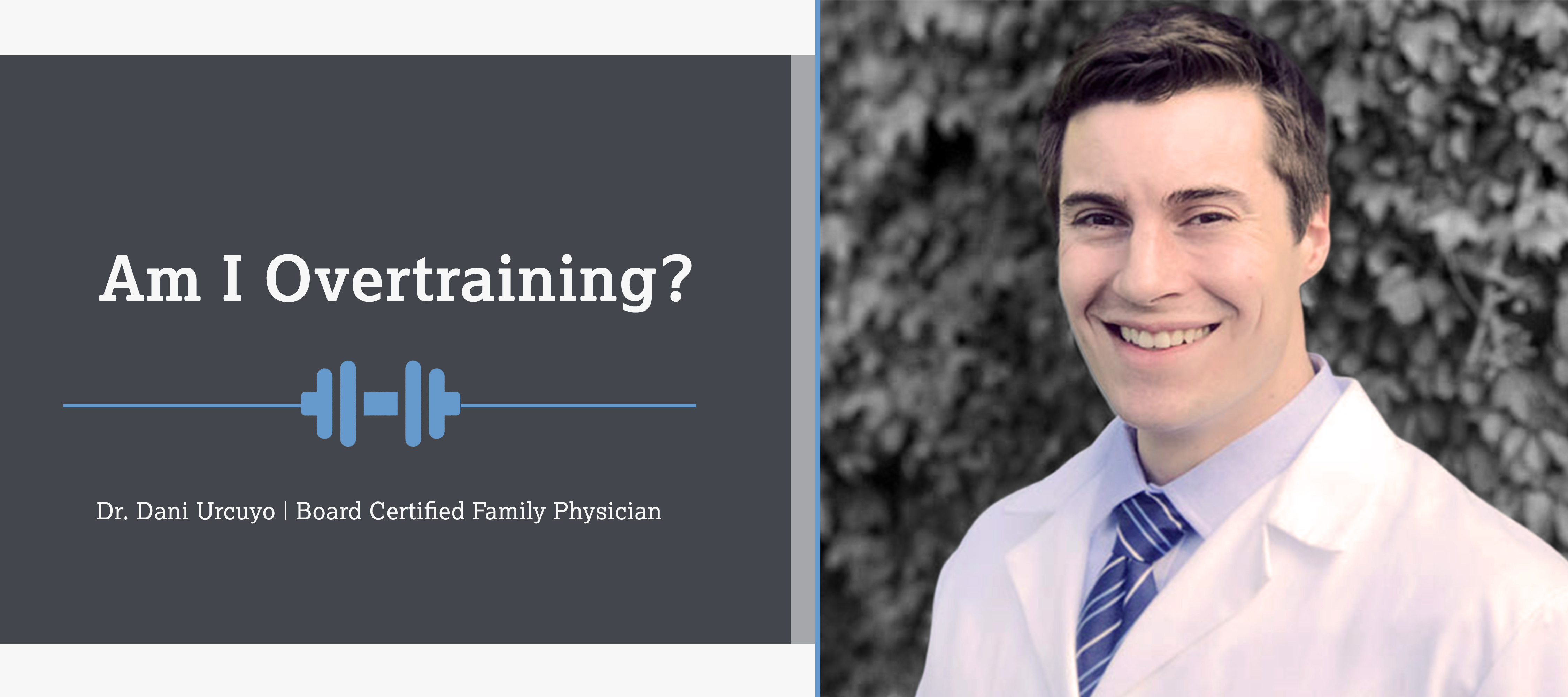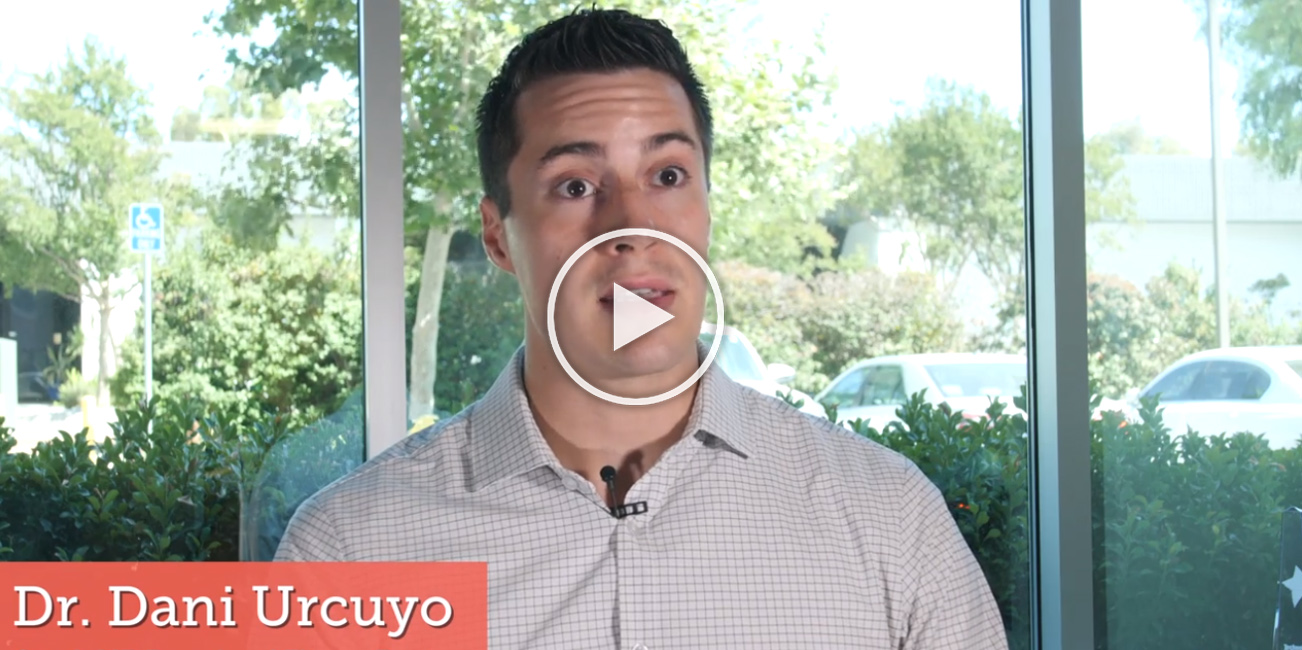At the point of overtraining, an athlete compromises their performance, effort, and recovery by overexerting the body.
We sat down with Dr. Dani Urcuyo (a CrossFit athlete & coach) to understand the effects of overtraining and how best to treat it.
Dr. Dani Urcuyo is a board-certified physician in Family Medicine who has been involved in the CrossFit community for 10+ years. He’s a CrossFit Level 1 Trainer and has even competed at the 2011 CrossFit Games. Here’s what he had to say about overtraining and its symptoms:
How Do I Know if I’m Overtraining?
Functional fitness participants have made it a regular practice to step outside of their comfort zone and reach beyond their perceived limits. Athletes tend to be the type of people who hate rest days, try to make it to class 5 or 6 days per week and even try to fit in a jog or spinning class when they can.
I often see the ramifications of overtraining including hormonal problems or issues with metabolism in individuals who are “burning the candle at both ends.” Sometimes these problems can take months to years to resolve.
Pushing the training intensity and frequency too far can lead to:
- Fatigue
- Moodiness and irritability
- Injury
- Decreased resiliency against stress
- Insomnia
- Depression
How Do I Recover from Overtraining?
In addition to lab testing to detect overtraining, SteadyMD physicians also take the time to learn about your current performance and goals to develop a personalized plan to recover from overtraining or to decrease the chances of it happening in the future.
Dr. Dani’s Approach
Dr. Dani is a firm believer that food and movement have the power to prevent and treat many chronic health conditions and he’s passionate about using lifestyle to empower individuals to live their healthiest lives.

